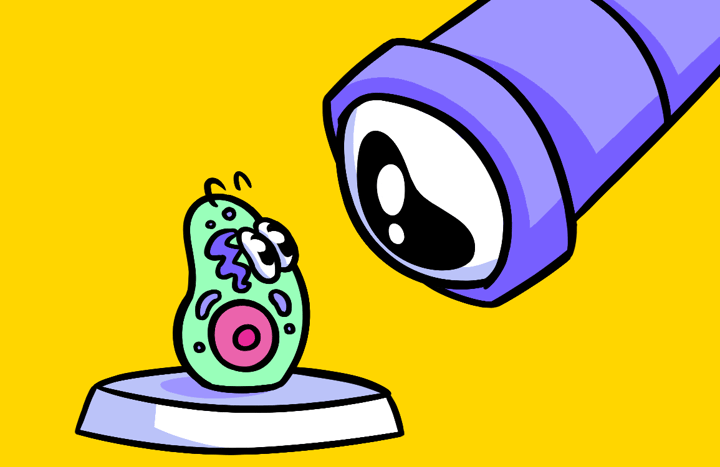Industry Professionals Audience
Biotechnology Industry
Description
Participants who work in a role at a company in the biotechnology industry. Biotechnology is defined as “the application of organisms, cells, components thereof, and molecular analogues for products and services through the integration of natural sciences and engineering sciences.”
The biotechnology industry comprises various fields related to pharmaceuticals, criminology, toxicology, and is involved heavily in government, education and medicine. Participants in this industry will likely be skilled in biology, medicine and engineering.
Did you know?
85% of participants in the biotech industry believe their work empowers individuals today.
We surveyed our audience of Biotechnology industry participants to understand what their job requires now and how it could impact others in the future.
Here’s what they have to say…
| “Microbiological techniques, antimicrobial assay, good lab practices, strong research knowledge, logical thinking, pour plate, microbial handling, glycerol stock maintenance, etc.” |
| “With how fast vaccines are being made, Biotechnology is at the forefront of such advancements.” |
| “Pharma products, research and development of Pharma products help people deal with various health issues, their treatment, prevention, etc.” |
| “It will allow for the development of new drugs for targets previously thought undruggable, opening up access to precision medicine to many people.” |
Common roles in this audience
These common audiences are made up of participants who hold job titles and roles in the biotechnology industry. Each of these professionals can be targeted individually, or roles can be combined to create larger audiences.
- Biomedical engineer – studies technological and medical developments in order to create new gadgets and equipment that will improve human health. They might create software to control medical equipment or computer simulations to test novel medicinal therapies, for example.
- Epidemiologists – monitors infectious illnesses, bioterrorism concerns, and other issue areas. Epidemiologists are public health professionals who study disease and injury patterns and causes.
- Microbiologist – studies viruses, bacteria, fungi, and algae, which are minute organisms that cause infections. They concentrate on identifying and growing these organisms in order to better understand their features, with the ultimate goal of preventing, diagnosing, and treating infectious diseases.
- Medical scientist – Medical scientists are at the pinnacle of medicine, but they have no direct contact with patients. Medical researchers try to improve human health in general. They plan and carry out studies to learn more about human diseases and how to prevent and treat them. Clinical trials and other investigative procedures are frequently used to reach their conclusions.
- Process development scientist – conducts research and development as well as quality and efficiency monitoring of existing processes and products.
- Medical technologist – often known as a Laboratory Technologist, analyzes biological materials in order to cure or diagnose diseases. Their primary responsibilities include preparing biological samples for testing, performing blood tests, and writing reports on their findings.
- Biotechnician – Biotechnology is a combination of biology, chemistry, engineering, and computer science. A biotechnician works with scientists and biologists on solving problems dealing with living organisms. They help scientists do a variety of things, such as find cures for diseases, help develop the next wonder drug, improve the food we grow, and change the way we use DNA.
- Biochemist – researches the chemical and physical principles that govern living things and biological processes such cell development, growth, heredity, and disease.
- Clinical technician – a person who works in a medical laboratory whose responsibilities include collecting organic samples from patients such as blood or urine, testing samples for diseases or other health information, and keeping track of crucial statistics. They may also cut and stain tissue specimens for microscopic examination by pathologists.
- DNA analyst – in charge of analyzing DNA evidence gathered at a criminal scene. A typical day in this field includes time spent creating DNA profiles in a laboratory. DNA experts could utilize the information in those profiles to exonerate or convict someone.




